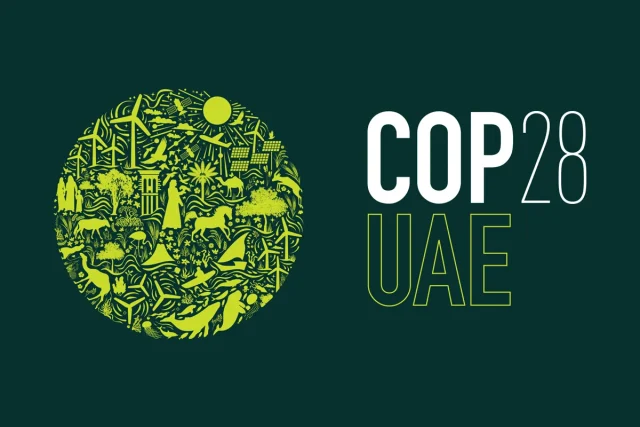
The 28th United Nations Conference on Climate Change (COP 28) is scheduled to be held in Dubai, United Arab Emirates from 30 November to 12 December 2023. COP 28 sets clear objectives. Global efforts to address environmental emergencies need to be stepped up. Key topics include reducing greenhouse gas emissions, the transition to renewable energy, protecting ecosystems and promoting global sustainable practices.
Much of the success of such an event comes from the active participation of world leaders and the willingness of world leaders to reach concrete agreements. Dubai’s leadership in organizing the event is quite indicative. The Arab world seems to want to be the protagonist of the debate. The European Union already has a position with which it will present itself in Dubai. At the European Council in October, the Heads of State approved what will be the negotiating position of the European Union.
In the conclusions, opportunities for ambitious climate action were highlighted not only for the well-being of the planet, but also for the global economy and the well-being of people. Stressing the importance of ensuring a fair transition, the Council emphasised the need for an inclusive approach that leaves no one behind, pushing towards sustainable, climate-resilient and climate-neutral economies and societies.
EU Member States have highlighted the importance of significantly increasing global ambition to keep warming within 1.5ºC, in line with the Paris Agreement. The Council also urged all parties to review and strengthen their nationally determined contributions and to update long-term strategies. The main economies, according to the Council’s concluding note, are expected to update their long-term strategies to include a target of net zero emissions by 2050.
The Council welcomed the presentation to the UNFCCC of an updated EU NDC, reflected in the “Ready for 55% package”, which aims to reduce net emissions by 55% by 2030 and achieve climate neutrality by 2050.
The Council stressed the need for a global phasing-out of fossil fuels and a peak in their consumption within this decade. It emphasized the importance of making the energy sector predominantly free of fossil fuels before 2050 and working towards a decarbonised global energy system in the 2030s, without new sources of coal energy. The Council called for the phasing out of fossil fuel subsidies and global action to triple the installed renewable energy capacity to 11 TW and double the improvement of energy efficiency by 2030.
The hope, however, is that at COP28 the EU will stop blaming itself and will be hard on non-EU players. The EU must have the courage to assert itself with the rest of the world, which is truly responsible for pollution and environmental problems. Obviously, as reiterated by the ECR at the recent meeting in Kilkenny, it must do so not through useless slogans but through measures based on a cost/benefit analysis to ensure proportionality and relevance. Disturbing are the data that show how the rest of the world, especially Asian and developing countries, are the main responsible for global pollution. It is time for solutions, and Europe can lead on them.



 Subscribe
Subscribe